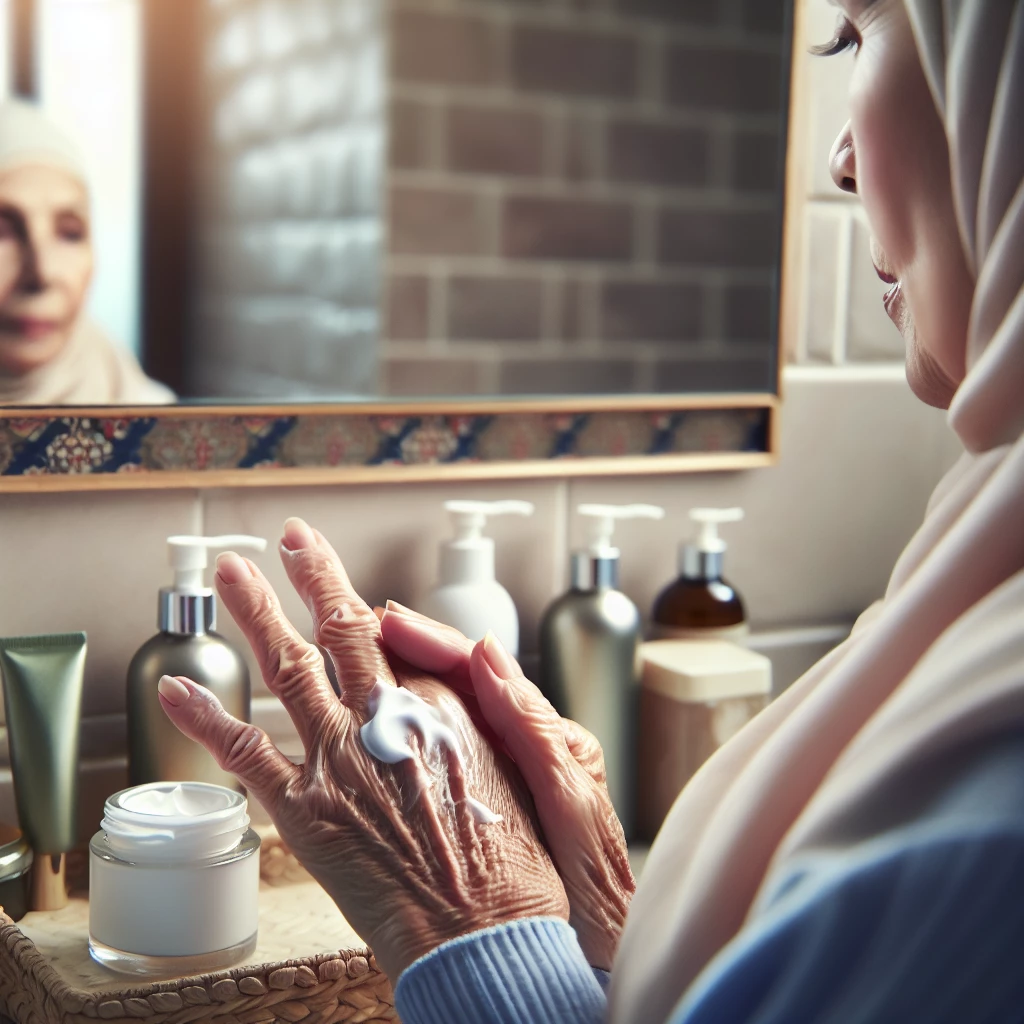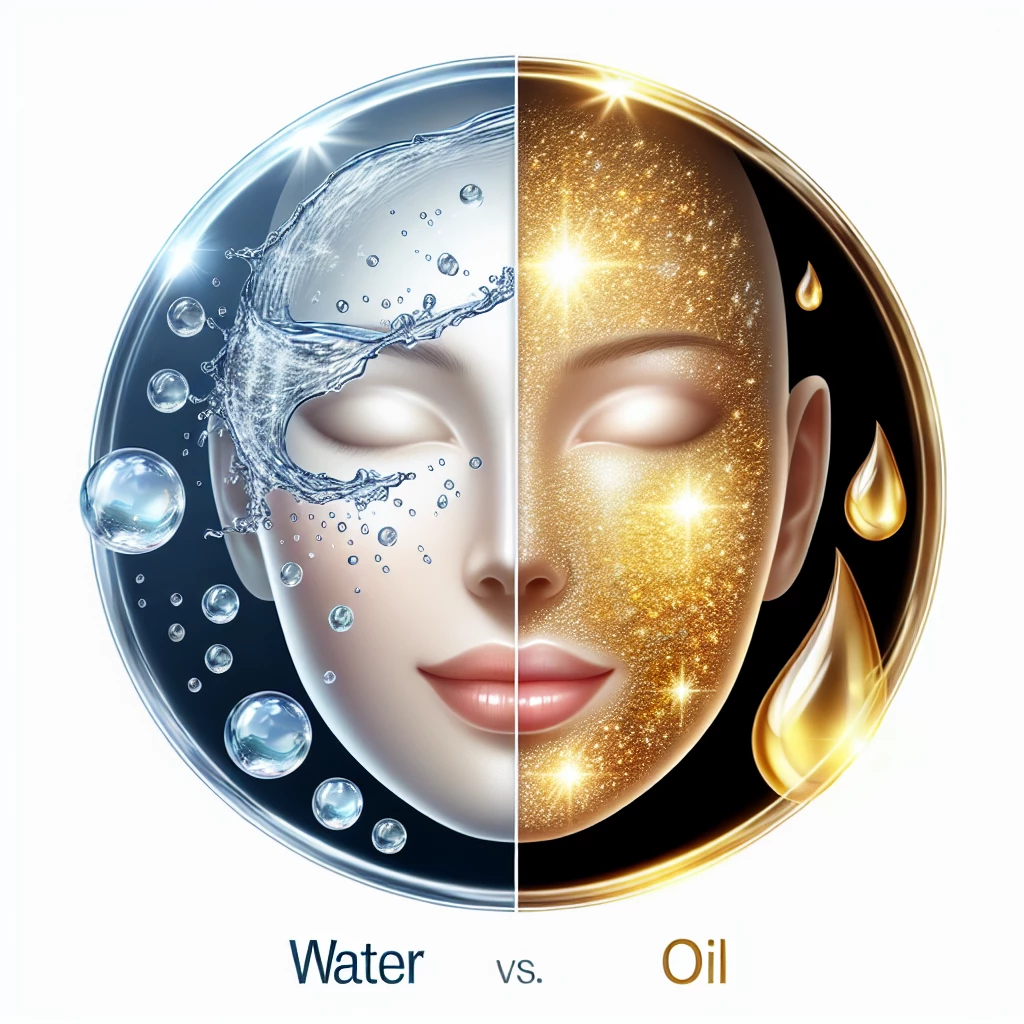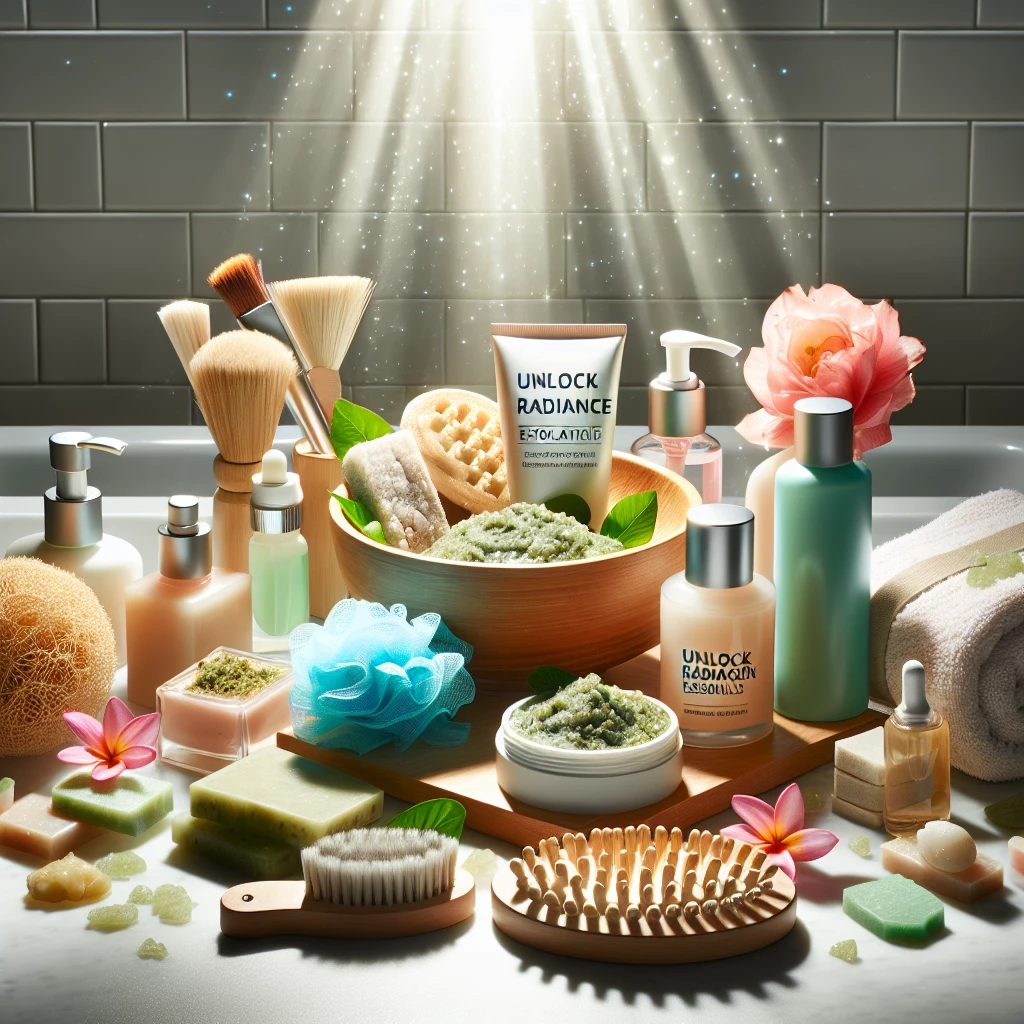Hello ladies, welcome to another enlightening beauty session at Makeup Queens! Today, we will embark on a journey to unlock the radiance of your skin. This will not be an unattainable feat. We’ll be focusing on a central theme: exfoliation, a vital component of skin care. Achieving that radiant skin glow, ensuring skin health can all be done with the help of exfoliation.
What is Exfoliation?
Let's begin our discussion by understanding what exfoliation is. Exfoliation is the process of removing dead skin cells from the surface of your skin using a chemical, granulated substance, or exfoliation tool. The human skin naturally sheds dead cells every 30 days, but sometimes, these cells don't shed completely. This can result in dry, flaky patches and clogged pores.
Exfoliating can resolve these skin issues and offer other skin benefits as well. Regularly ridding your skin of dead cells can reveal fresher, brighter skin underneath. Moreover, it allows your skincare products to penetrate more deeply, thereby being more effective.
When exfoliated, your skin can uphold its vital function of protecting your body from harmful external agents. Additionally, it can boost your skin’s production of collagen, a key to youthful skin.
Types of Exfoliation
Broadly, exfoliation falls under two types: physical and chemical. Physical exfoliation involves using a hard substance or tool to physically remove dead cells. Common forms comprise exfoliating cleansers, brushes and scrubs.
Chemical exfoliation, on the other hand, employs the use of chemicals to encourage skin cell shedding. Examples include products with ingredients like Alpha Hydroxy Acids (AHAs), Beta Hydroxy Acids (BHAs) and retinoids.
It’s important to choose an exfoliation method that suits your skin type. Consulting a dermatologist before making a choice can be beneficial.
Tips for Effective Exfoliation
Firstly, keep in mind to exfoliate your skin no more than twice a week. Overdoing it can strip your skin of its natural oils, leaving it dry and sensitive.
Be gentle on your skin while exfoliating. Rubbing too harshly can cause irritation and redness. Always apply the exfoliant in a circular motion for the best results.
Lastly, always follow up your exfoliation with a moisturizer. This will keep your skin hydrated and supple, enhancing its glow.
Benefits of Regular Exfoliation
Exfoliation can bring a massive difference to your skin health and appearance. It aids in unclogging your pores, preventing acne, making your skin smoother and promoting an even skin tone.
It helps your skincare products work better and makeup look more flawless. By keeping your skin clean and youthful, exfoliation indeed plays a significant role in enhancing your skin’s radiance and glow.
Beyond just physical benefits, indulging in exfoliation can be therapeutic, serving as a relaxing self-care ritual. So, it's safe to say regular exfoliation can be a game-changer in your skincare routine.
Potential Risks and How to Avoid Them
While exfoliation can be incredibly beneficial, it can cause trouble if not done correctly. Over-exfoliation can result in discomfort, inflammation, and can make your skin more prone to sun damage.
Furthermore, not everyone's skin can handle all kinds of exfoliation. So, it’s crucial to understand what works for your skin and what doesn’t.
Avoid exfoliating if your skin is sunburned or if you're experiencing any kind of skin inflammation. Also, always perform a patch test when trying a new exfoliating product.
So ladies, it’s time to bid farewell to dull skin and embrace the glory of radiant skin care. With regular exfoliation, achieving the enviable skin glow is really not as daunting as it seems. Remember, your skin health deserves the right attention, and proper exfoliation is a great move towards this. Here at Makeup Queens, we're committed to guiding you on this magical journey of beauty. Stay tuned for more radiant skin care tips!

Age Gracefully: Mature Skin Care
Delve into the changes that come with aging skin and the best practices to ensure its health and vitality.

Vitamins for Victory: Skin Nutrients
Discover the key vitamins that contribute to skin health and the best ways to incorporate them into your skincare routine.

Exfoliation 101: Clearing the Surface
Dive into the process of exfoliation, uncovering its benefits and learning how to properly exfoliate for brighter, smoother skin.

Skin Hydration: Water vs. Oil
Get insight into the importance of hydration in skincare routines and understand the difference between water-based and oil-based products.
